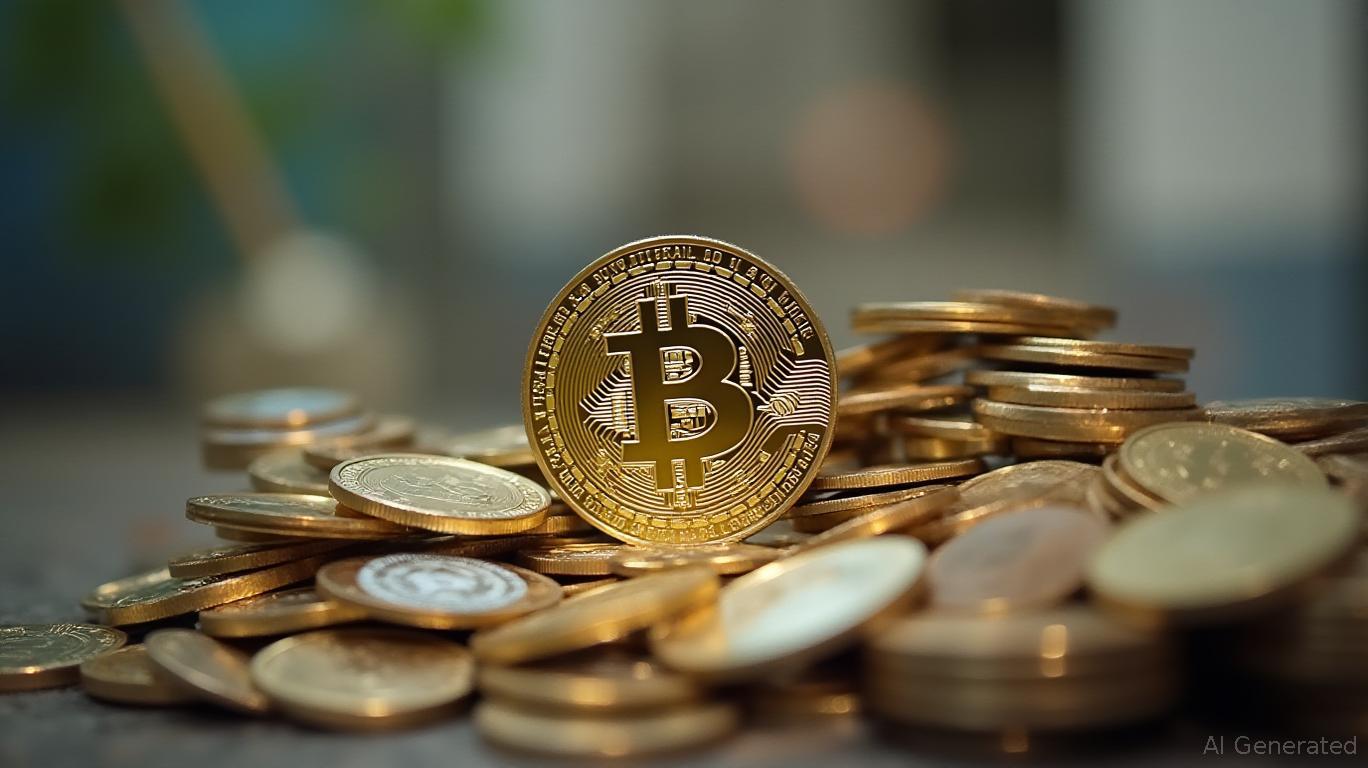In July 2025, the International Monetary Fund (IMF) released a report revealing that El Salvador had not made any new Bitcoin purchases since February 2025, despite public claims of daily acquisitions since November 2022. This discrepancy has sparked speculation about whether the country’s aggressive Bitcoin advocacy was a strategic move to secure a $1.4 billion loan from the IMF, which was finalized in December 2024 under strict economic reform conditions [1].
El Salvador became the first nation to adopt Bitcoin as legal tender in 2021, with President Nayib Bukele framing the decision as a breakthrough from dollar dependency and a cost-cutting measure for remittances. The government promoted Bitcoin through initiatives like the Chivo Wallet, Bitcoin ATMs, and plans for a “Bitcoin City,” while publicly announcing daily Bitcoin purchases. Social media updates, including weekly purchase confirmations on platforms like Nayib Tracker, reinforced the narrative of unwavering commitment [1].
However, the IMF review highlighted inconsistencies. While the government verbally agreed to halt Bitcoin purchases under the loan’s conditions—including making Bitcoin optional and increasing transparency—it continued to project a Bitcoin-friendly image to the public. A key footnote in the IMF report noted that El Salvador’s “Bitcoin reserves” had grown not through new acquisitions but by transferring existing holdings between wallets [1]. This practice, which rearranged assets without adding new Bitcoin, was confirmed in a signed letter from the central bank and finance ministry, stating that public sector Bitcoin holdings remained unchanged since February 2025 [1].
The dual strategy appeared aimed at balancing political and economic priorities. By maintaining public enthusiasm for Bitcoin, Bukele preserved El Salvador’s image as a tech-savvy, pro-crypto nation, which had previously boosted tourism and media attention. Simultaneously, the government fulfilled IMF requirements to stabilize the economy, securing not only the $1.4 billion loan but also an additional $2 billion in aid from the World Bank and Inter-American Development Bank (IDB) [1].
Critics argue that the government’s mixed messaging eroded trust in its digital agenda. The abrupt halt in Bitcoin purchases, coupled with stalled projects like Bitcoin City and a dysfunctional Chivo Wallet, underscored the experiment’s fragility. While Bukele’s team defended the approach as a pragmatic response to economic pressure, the revelation raised questions about whether Bitcoin was a genuine policy priority or a tool to delay painful reforms [1].
The IMF report serves as a cautionary tale for countries considering similar crypto experiments. El Salvador’s experience demonstrates that without robust infrastructure, transparency, and regulatory frameworks, Bitcoin adoption can become a high-risk gamble. The country’s reliance on foreign loans to sustain its economy, rather than on blockchain technology, highlights the limits of using cryptocurrency to address systemic financial challenges [1].
As debates over Bitcoin’s role in national policy continue, El Salvador’s case underscores the tension between political symbolism and practical governance. The government’s dual strategy succeeded in securing short-term funding but left unresolved questions about the sustainability of its digital vision—and whether other nations will follow a similar path.
Source: [1] [Did El Salvador fake Bitcoin buys to scam the IMF?][https://coinmarketcap.com/community/articles/6886ccb571ff7b03ac7cb497/]

